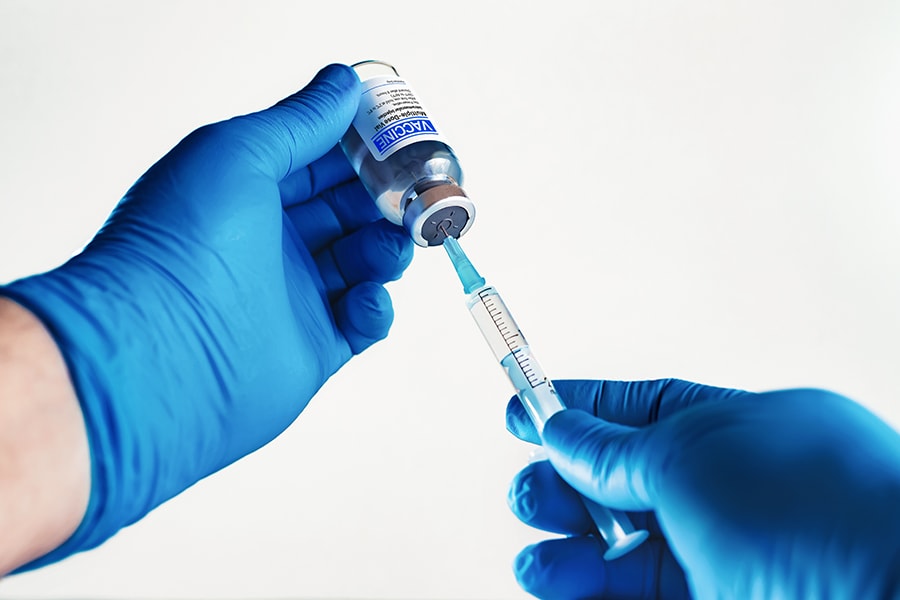
Covid-19 and Vaccine Equity: Does a patent waiver matter?
While a patent waiver may be good news in the long-term, it may not translate into any meaningful gains for India, professor of public policy and management group, IIM Calcutta writes, adding vaccine equity may be an elusive dream
 Image: Shutterstock
Image: Shutterstock
On October 2, 2020, India and South Africa made a proposal that members of the World Trade Organisation (WTO) should “work together to ensure that intellectual property rights such as patents, industrial designs, copyright and protection of undisclosed information do not create barriers to the timely access to affordable medical products including vaccines and medicines or to scaling-up of research, development, manufacturing and supply of medical products essential to combat Covid-19”. The proposal was to waive certain obligations of the Trade Related Aspects of Intellectual Property Rights (TRIPS) Agreement until widespread vaccination was in place globally, and the majority of the world’s population had developed immunity. On May 5, 2021, the US government in a historic step announced that it was in favour of waiving Intellectual Property (IP) protection for Covid-19 vaccines, a measure intended to boost vaccine supplies which will help people around the world to get their jabs.
There is a major difference between the proposal made by India/South Africa and that made by the US government. While the former would enable countries to bypass the monopoly of IPR holders by authorising the manufacturing of cheaper generic drugs and all anti-Covid-19 technologies, the latter covers vaccines only and does not deal with anti-Covid-19 technologies like ventilators, respirators etc. At this stage, this is just a US proposal and it will take many rounds of negotiations at the WTO to develop a broad-based consensus. While this is positive news in the long term, this may not translate into any meaningful gains for countries like India because of two major reasons mentioned below.
Q. Would waiving IP/patent protection speed up and or/ scale up manufacturing and distribution of the vaccine?
The answer is no. Across the globe the principal reason behind the delays in ramping up of vaccine manufacturing capability is raw material shortage and inadequate production facilities. This problem gets compounded because of the highly sophisticated manufacturing processes used in the case of viral vector-based vaccines like Covishield, Sputnik V, J&J, and mRNA based vaccines made by Pfizer and Moderna. Patent system has no role to play in this delay. Vaccine manufacturing is not a plug-and-play system and these vaccines have to be made in bio-reactors that has high degree of sophistication for obtaining the necessary regulatory approvals.
With regard to the two vaccines launched in India i.e Covishield and Covaxin, no patent has been granted to the products in India. Companies might have applied for patents and it might take about three years for the Indian patent office to decide on this. However, it is possible that some patents might have been granted on certain platform technologies used in the vaccine manufacturing process. In case of such patents various kinds of licensing options including compulsory licensing are possible under the Indian Patents Act 1970. Furthermore, in the case of Covaxin, Government of India (GoI) co-owns all property rights including the right to apply for a patent and all associated rights with respect to its licensing/further commercialization etc. GoI should do everything possible to bring many more vaccine/pharma companies from India and abroad to manufacture the vaccine on the basis of technology transfer. Even in the case of Covishield, GoI can encourage AstraZeneca-Oxford/ Serum Institute to rope in more manufacturers on the basis of technology transfer/know-how.
[This article has been published with permission from IIM Calcutta. www.iimcal.ac.in Views expressed are personal.]







